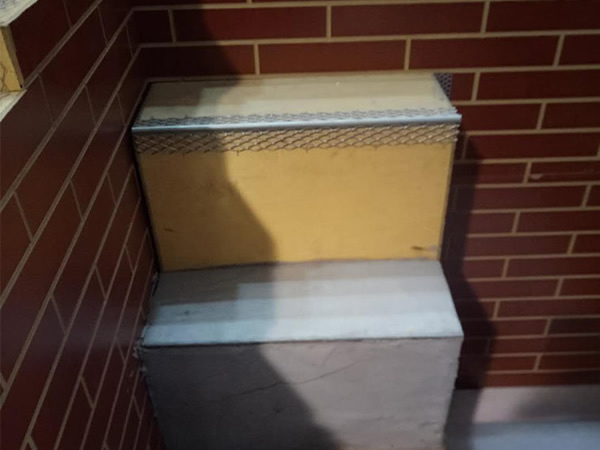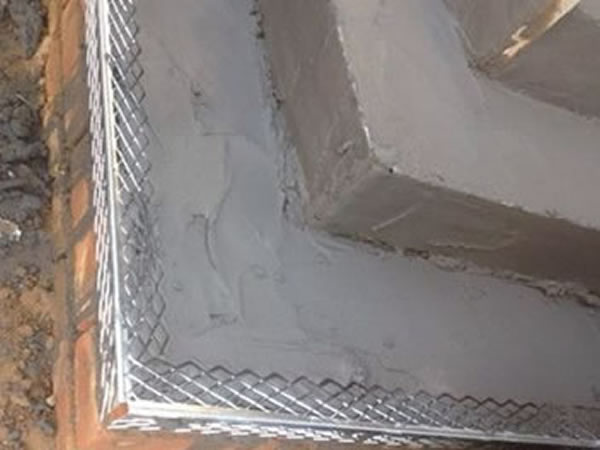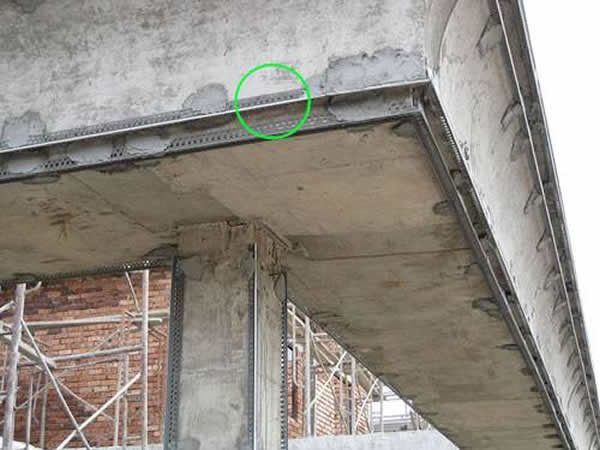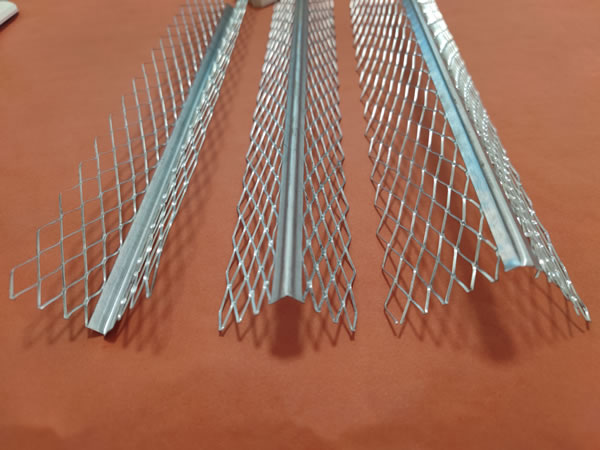Angle beads are commonly crafted from expanded metal sheets, featuring a distinctive diamond or rhombic mesh pattern. These beads are available with various flange grounds including 3/8″, 1/2″, 5/8″, and 3/4″, with options extending up to 1-1/2″. This design ensures that the beads provide additional rigidity and strength, thanks to their reinforced flanges.
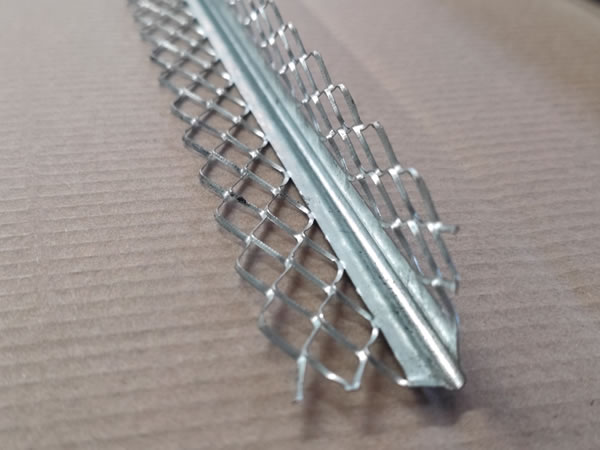
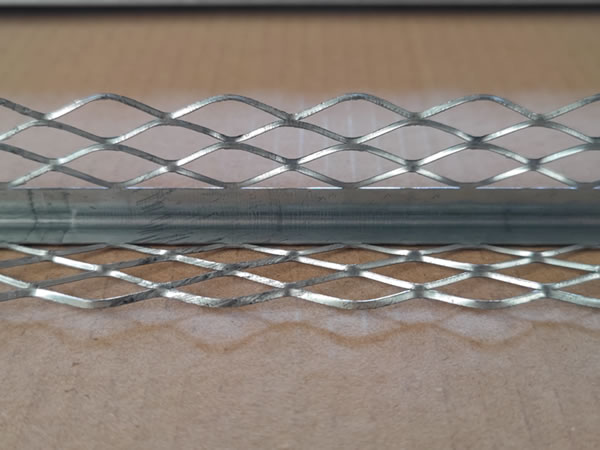
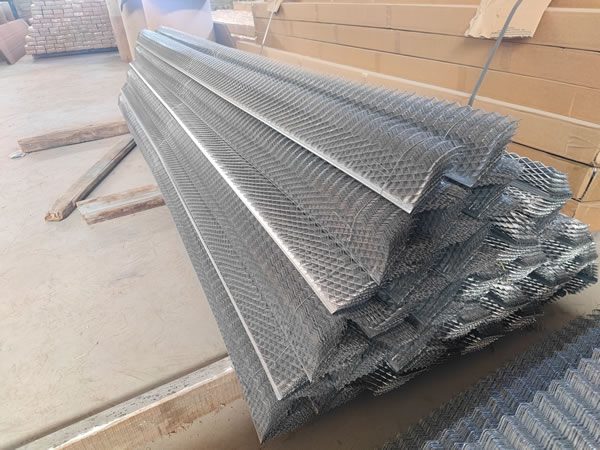
Installation
These expanded beads are straightforward to install, adhering to standard industry practices. They include plaster keys near the solid nose, reinforcing the areas that most require durability to maintain straight corners. Available in both galvanized steel and zinc plating, these beads meet various project specifications.
Specialized Uses
Wide Expanded Metal Sheet Flange Beads are particularly suited for use in masonry, beam, and column fireproofing. Their design combines expanded flanges with a pronounced bead nose, optimizing corner alignment and enhancing plaster keying from the edge to the nose. The beads are made from galvanized steel, with options for zinc coating on special orders, and feature full stiffening ribs to boost durability.
Specifications
Angle beads feature wings up to 42 mm wide and come in lengths of 225 cm, 250 cm, and 300 cm, with widths between 20 mm and 50 mm. For specific projects, lengths range from 2.4 to 3 meters.
- Materials and Colors: Manufactured in materials like PVC, stainless steel, and aluminum, these beads are commonly white for PVC, with additional colors available, while metal beads maintain a natural metallic finish.
- Thickness: PVC beads vary from 1 mm to 3 mm in thickness, offering durability, whereas metal beads range from 0.4 mm to 1 mm.
- Packaging: Packaged in cartons, angle beads are well-protected for safe transport and storage, ensuring product integrity.
Application
The diamond mesh angle bead acts as an effective plastering stop, ensuring a clean and neat finish. It is specifically engineered to offer robust corner reinforcement for traditional plaster applications. The solid metal nose creates a straight, rigid base, while the 2-5/8″ flanges are flexible enough to conform to irregular and uneven surfaces.
